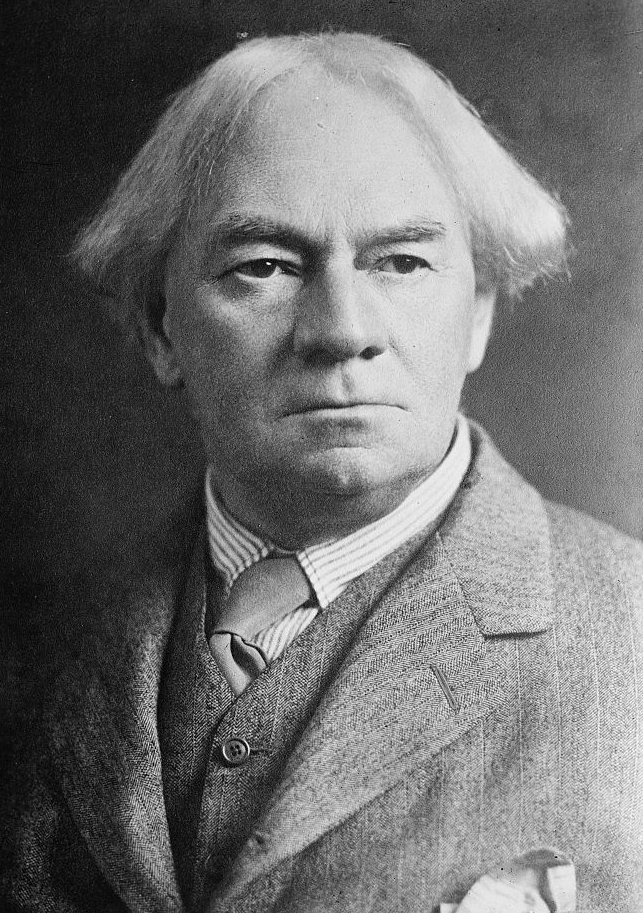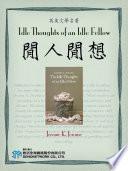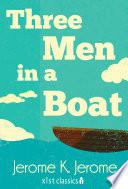Dreams http://www.gutenberg.org/dirs/etext97/jjdrm10.txt
Context: Human thought is not a firework, ever shooting off fresh forms and shapes as it burns; it is a tree, growing very slowly — you can watch it long and see no movement — very silently, unnoticed. It was planted in the world many thousand years ago, a tiny, sickly plant. And men guarded it and tended it, and gave up life and fame to aid its growth. In the hot days of their youth, they came to the gate of the garden and knocked, begging to be let in, and to be counted among the gardeners. And their young companions without called to them to come back, and play the man with bow and spear, and win sweet smiles from rosy lips, and take their part amid the feast, and dance, not stoop with wrinkled brows, at weaklings' work. And the passers by mocked them and called shame, and others cried out to stone them. And still they stayed there laboring, that the tree might grow a little, and they died and were forgotten.
And the tree grew fair and strong. The storms of ignorance passed over it, and harmed it not. The fierce fires of superstition soared around it; but men leaped into the flames and beat them back, perishing, and the tree grew. With the sweat of their brow have men nourished its green leaves. Their tears have moistened the earth about it. With their blood they have watered its roots.
The seasons have come and passed, and the tree has grown and flourished. And its branches have spread far and high, and ever fresh shoots are bursting forth, and ever new leaves unfolding to the light. But they are all part of the one tree — the tree that was planted on the first birthday of the human race. The stem that bears them springs from the gnarled old trunk that was green and soft when white-haired Time was a little child; the sap that feeds them is drawn up through the roots that twine and twist about the bones of the ages that are dead.





